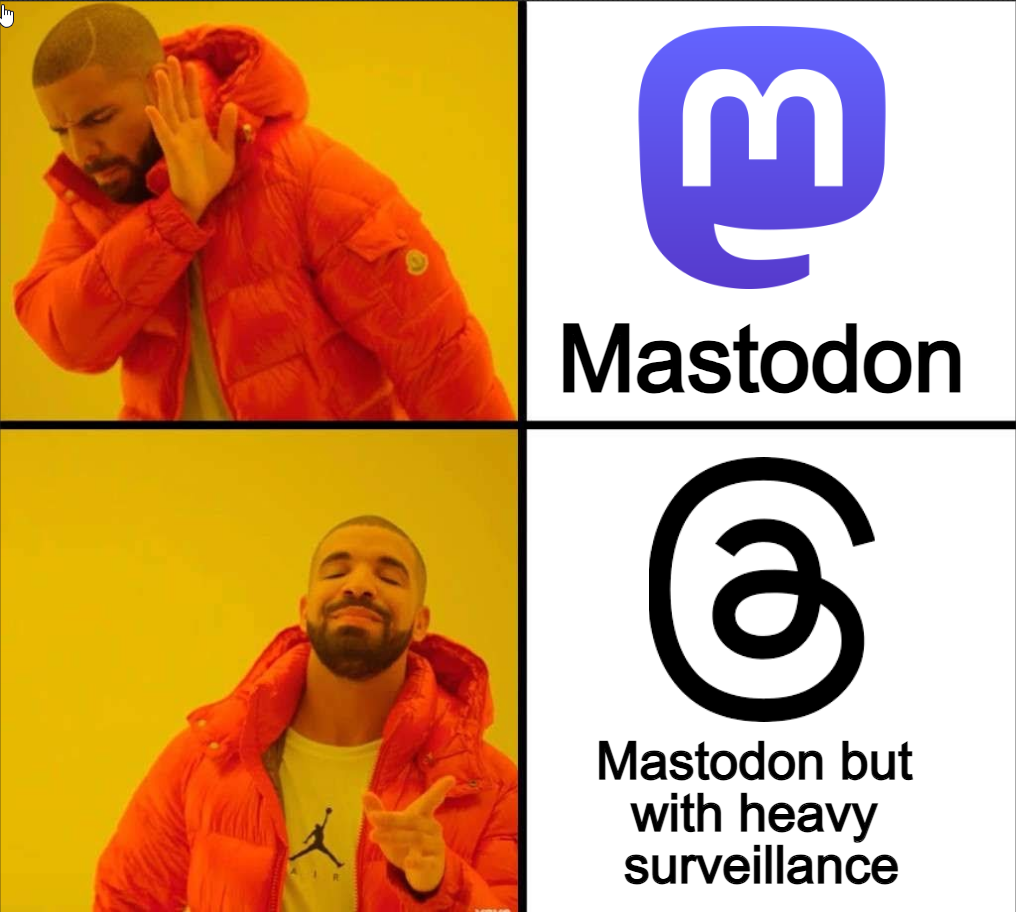this post was submitted on 11 Jul 2023
2954 points (99.7% liked)
Memes
47141 readers
1060 users here now
Rules:
- Be civil and nice.
- Try not to excessively repost, as a rule of thumb, wait at least 2 months to do it if you have to.
founded 5 years ago
MODERATORS
you are viewing a single comment's thread
view the rest of the comments
view the rest of the comments

Was Twitter a bad name?
It was originally going to be called twttr. Facebook was initially called FaceMash. Intel was originally going to be called Moore Noyce (founders being Gordon Moore and Robert Noyce) but the idea was scrapped because it sounded like "More Noise."
It's not just company names and products though. I work with the .NET stack and related technologies, and Microsoft has found like a billion different uses for the term "Razor" and derivatives thereof.
Now, you (can) write Razor Pages, and regular ASP.NET MVC applications using Razor, but a page written in Razor isn't necessarily a Razor Page. You also use Razor when building components in Blazor, and you can embed Blazor components in Razor Pages, or even host Blazor applications on a Razor Page. However, a Blazor application isn't a Razor Page, and while they all use Razor, none of them are Razor.
There's also Blazor Hybrid, and the ability to use Blazor components in native applications. I'm actually doing this right now on a project at work; I'm writing a Blazor Server application, with a shared Razor Component Library, containing Blazor Components, which I use both in the Blazor Server application, and in the .NET MAUI Blazor Hybrid application for Windows/iOS/Android.